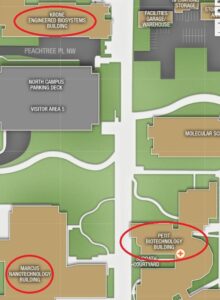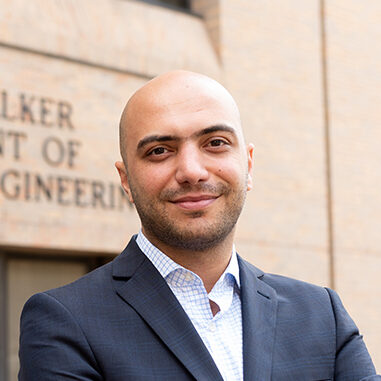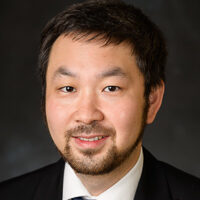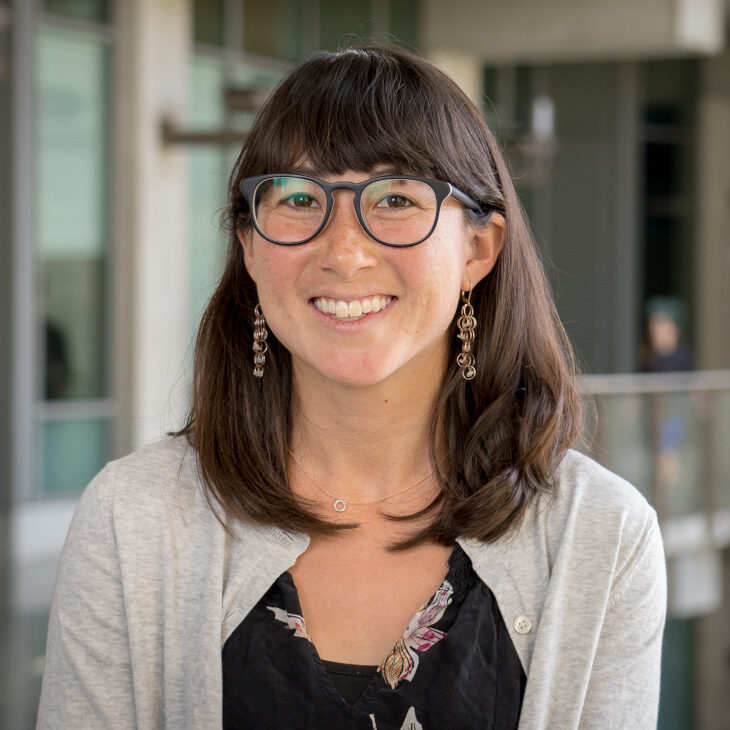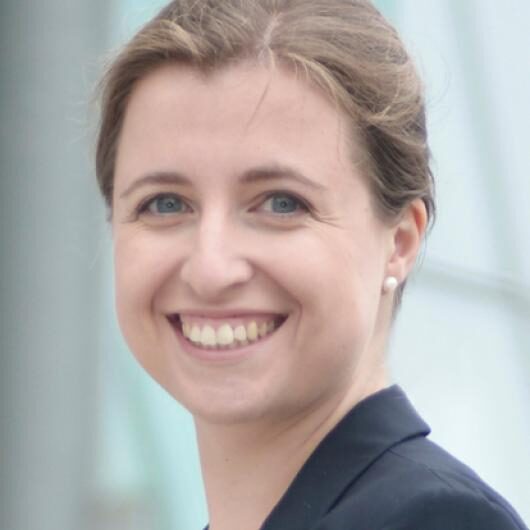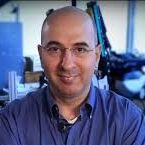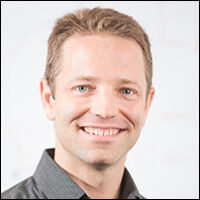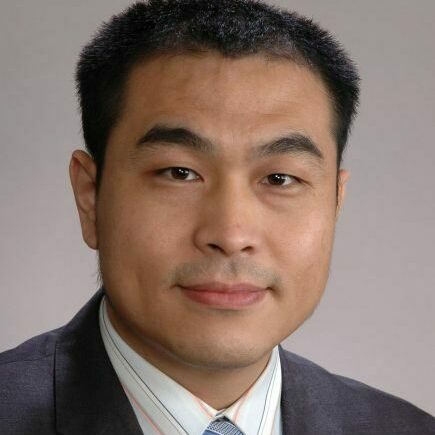Half-day Workshop at ISMR
8:30 am - 12 pm, November 17th, 2021
Marcus Nanotechnology Building, Room 1116
345 Ferst Dr NW, Atlanta, GA 30318
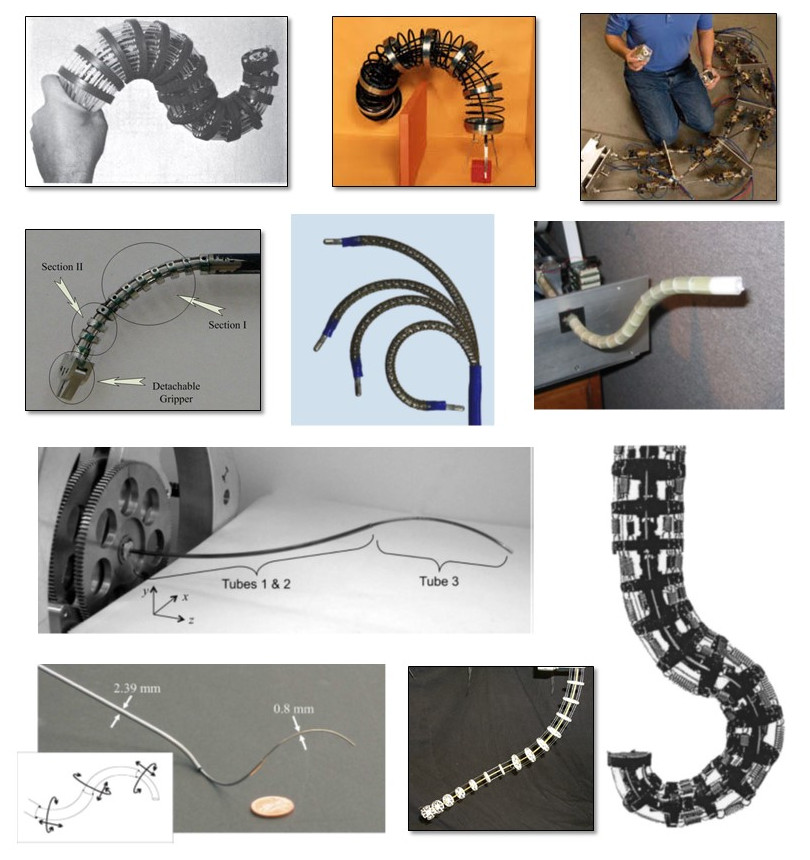
Background
Continuum manipulators and robotic flexible instruments have rapidly become a rich and interdisciplinary area of research, with many designs and applications demonstrated. These robots can traverse confined spaces, manipulate objects in complex environments, and conform to curvilinear paths in space. Examples include autonomous needle insertion robots for prostate brachytherapy and biopsy of tumors, concentric tube robots for beating-heart intracardiac surgery and lung biopsy, continuum/soft robots for resection of bladder tumors, and cable-driven catheter robots for theranostic procedures in upper urinary tract and kidney. However, there are several challenges hampering the integration of continuum manipulators in practice. Such challenges include design complexity, compatible sensing technologies, situational awareness of operators, and safe control of highly articulated multi-arm or continuum robots.
Objective
To address these challenges, this workshop will aim to focus on the importance of model-based approaches in design, sensing, and control for continuum manipulators and robotic flexible instruments. Our objective is to discuss the current analytical approaches in the literature, focusing on their advantages and disadvantages. These models include various mechanics- and equilibrium-based approaches, such as modal representation, cosserat rod theory, boundary value problems, and energy-based approaches. Additionally, we will highlight current challenges in modeling certain phenomena, including friction and backlash, which are important to consider during not only the design and fabrication steps, but also during the sensing and control of these robots.
Model-less control and data-driven learning approaches are rapidly emerging and have generated impactful initial results. In this workshop, we plan to have a panel discussion on how model-based approaches (analytical kinematics, mechanics, shape representations) would be complementary and helpful in improving model-less/learning methods. We also welcome speakers to present works on model-less and learning based approaches, which would be great conversation starters for in-depth discussions.
Organizers
Farshid Alambeigi
University of Texas at Austin
Long Wang
Stevens Institute of Technology
Tania Morimoto
University of California San Diego
Post Questions!
Please post questions using the following link, and we'll try best to accommodate the questions to be discussed live.
Invited Speakers
Workshop Schedule
8:30 - 8:50, Towards Autonomy for Surgical Continuum Robots
Jessica Burgner-Kahrs
8:50 - 9:10, Hyper-Redundancy Resolution: A Concept Whose Time Has Come (Again)
Gregory S. Chirikjian
9:10 - 9:30, Limitation of Model-Based Approaches, Calibration, and Machine Learning for Continuum and Soft Robots
Nabil Simaan
9:30 - 9:50, Steerable Needles in the Lung: Design, Sensing, and Control of a Multi-Stage Continuum Robot Embedded in Tissue
Robert J. Webster III
9:50 - 10:05, Coffee Break
10:05 - 10:25, Flexible Endoluminal Robotics with Minimal Invasiveness and Exposure
Ren Hongliang
10:25 - 10:45, How Important Are Models for the Design and Control of Medical Continuum Robots?
Pierre Dupont
10:45 - 11:05, Talk title 7
Kaspar Althoefer
11:05 - 11:45, Panel Discussion:
Model-based approaches vs. Model-less approaches.
11:45 - 12:00, Workshop Wrap-up
Farshid Alambeigi, Long Wang, Tania Morimoto
Workshop Building Address:
Marcus Nanotechnology Building, Room 1116
345 Ferst Dr NW, Atlanta, GA 30318
